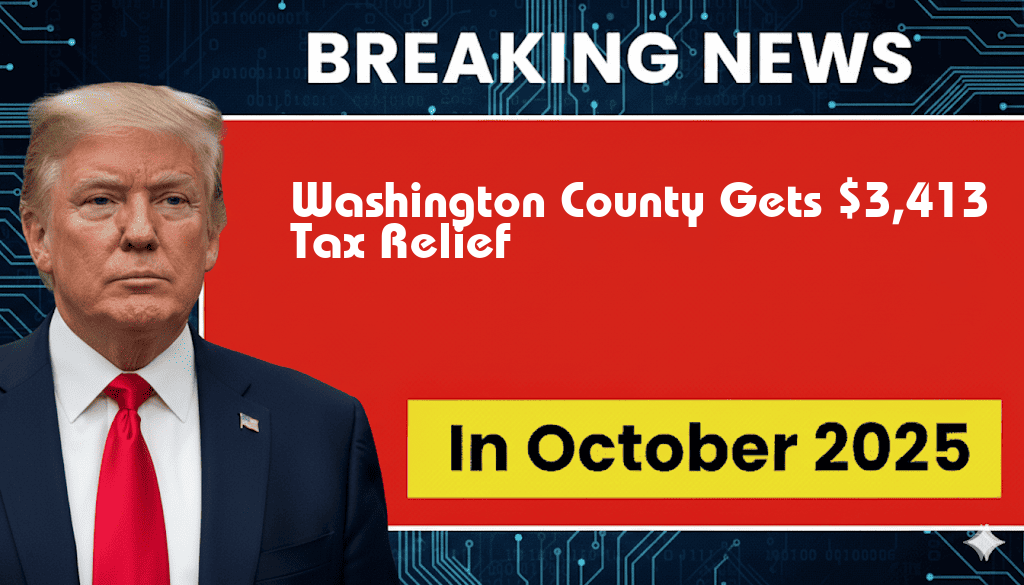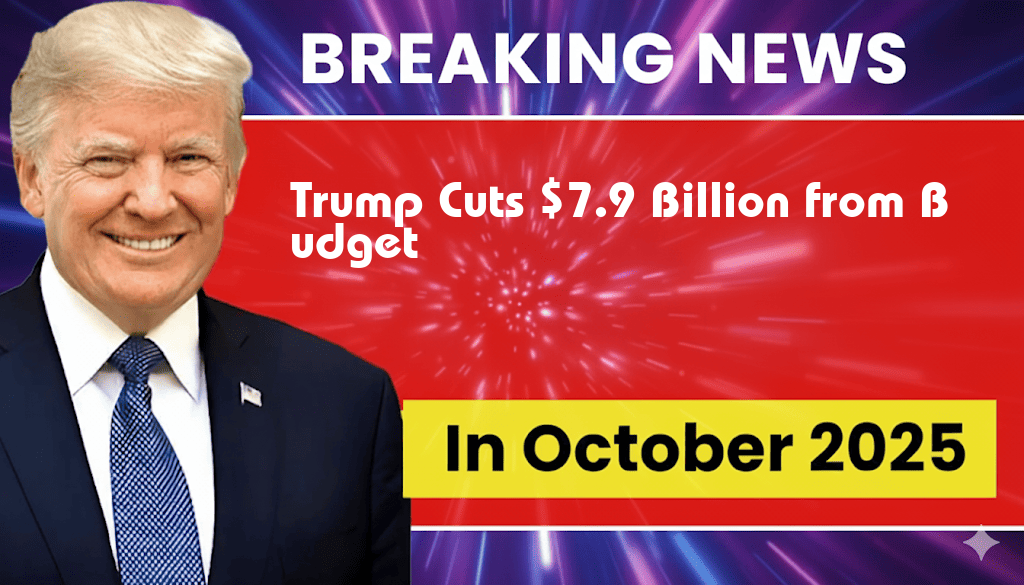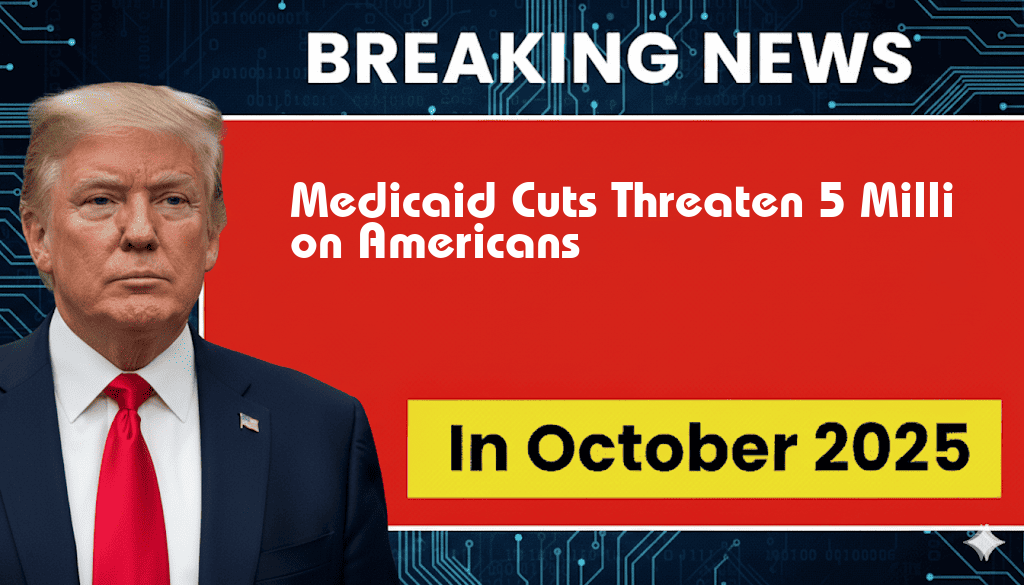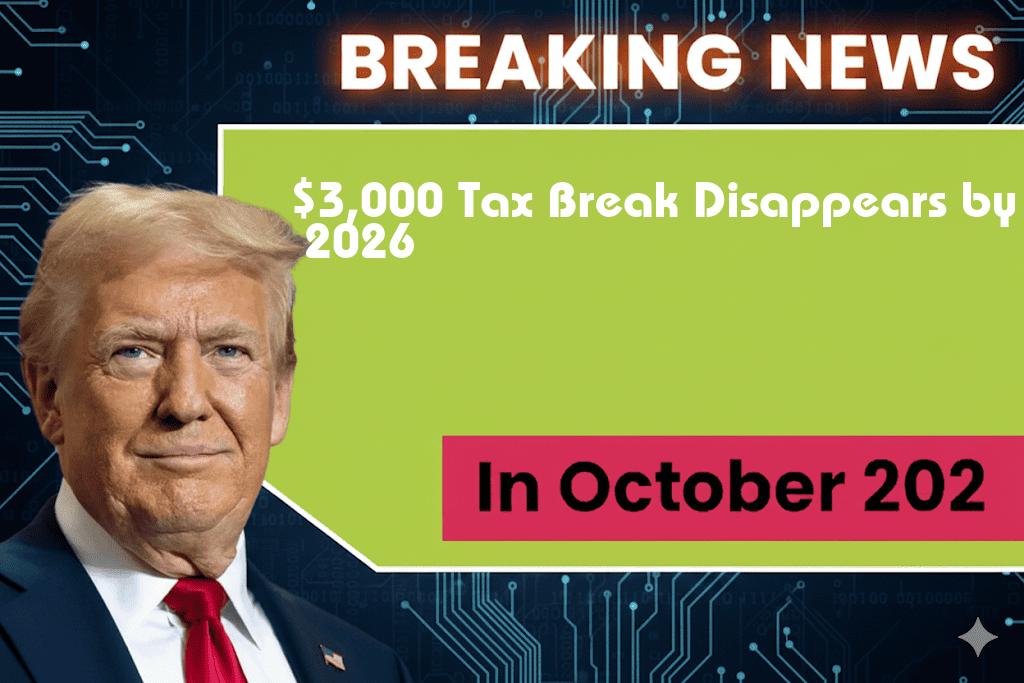

Trump’s Rescissions Act Cuts $7.9 Billion from Budget
In a significant move aimed at reducing federal spending, the Trump administration has announced the implementation of the Rescissions Act, which will cut approximately $7.9 billion from the federal budget. This decision, part of a broader effort to control government expenditure, targets various programs across multiple agencies. The budget cuts are expected to affect several sectors, including education, healthcare, and infrastructure, raising concerns among lawmakers and advocacy groups about potential repercussions on public services. As the administration seeks to bolster its fiscal responsibility credentials, the implications of these cuts are likely to reverberate through Congress and the American public.
Details of the Rescissions Act
The Rescissions Act, formally introduced earlier this month, outlines specific funding reductions and reallocations. The measures stem from a review of unspent federal funds, with a focus on eliminating waste and improving efficiency. According to administration officials, the cuts are justified as a necessary step to address the national deficit and ensure a more sustainable fiscal future.
Key Areas Impacted by the Cuts
The following sectors are anticipated to experience the most significant reductions:
- Education: Funding for various educational programs, including Title I and special education initiatives, is slated for reductions.
- Healthcare: Programs under the Department of Health and Human Services may see decreased funding, impacting public health initiatives.
- Infrastructure: Several infrastructure projects will face budget cuts, potentially delaying development and maintenance efforts.
Political Reactions
The announcement of the Rescissions Act has generated mixed reactions from lawmakers. While some Republican members have praised the effort to rein in spending, others express concern about the potential fallout from such drastic cuts. Democratic leaders have been particularly vocal, arguing that reducing funding for essential services could harm vulnerable populations.
Senator Chuck Schumer stated, “These cuts are not just numbers on a page; they represent real people who rely on government support for their education and health.” House Speaker Nancy Pelosi echoed these sentiments, emphasizing the need for government investment in critical services rather than cuts.
Public and Expert Opinion
Economic analysts are divided on the potential long-term effects of the Rescissions Act. Some argue that reducing budget allocations could lead to a more efficient government, while others warn that the cuts may hinder economic growth and impact job creation.
John Smith, an economist at the Brookings Institution, commented, “While fiscal responsibility is crucial, these cuts could undermine the very programs that drive growth and innovation in our economy.” On the other hand, proponents of the cuts assert that reducing the budget deficit is essential for long-term economic stability.
Administrative Goals
The Trump administration has framed the Rescissions Act as part of its broader agenda to create a leaner government. Officials argue that by eliminating wasteful spending, the government can redirect resources toward more pressing needs. The administration has also indicated that future budget proposals will continue to focus on efficiency and accountability.
Next Steps in Congress
As the Rescissions Act heads to Congress for approval, lawmakers will face the challenge of balancing fiscal restraint with the needs of their constituents. The proposed cuts are expected to spark rigorous debate, with potential amendments and negotiations likely to take place in the coming weeks.
Conclusion
The Rescissions Act represents a pivotal moment in the Trump administration’s approach to federal spending. As discussions unfold in Congress, the outcome of this legislation could shape the future of government funding and its impact on American citizens.
| Sector | Estimated Cut Amount |
|---|---|
| Education | $3 Billion |
| Healthcare | $2 Billion |
| Infrastructure | $1 Billion |
| Other Programs | $1.9 Billion |
For more detailed information on the Rescissions Act, visit Wikipedia or read insights from Forbes.
Frequently Asked Questions
What is the Rescissions Act proposed by Trump?
The Rescissions Act is a legislative proposal by former President Trump aimed at cutting approximately $7.9 billion from the federal budget by eliminating certain unspent funds.
How much money is being cut from the budget through this act?
The act proposes to cut $7.9 billion from the federal budget, targeting specific programs and funds that have not been utilized.
What are the implications of the Rescissions Act on federal programs?
The Rescissions Act could lead to reduced funding for various federal programs, impacting their operations and services provided to the public.
Who would be affected by the budget cuts from the Rescissions Act?
Several federal programs, agencies, and the communities they serve could be affected by the budget cuts proposed in the Rescissions Act, particularly those relying on the unspent funds.
Is the Rescissions Act likely to pass in Congress?
The likelihood of the Rescissions Act passing in Congress depends on political support and opposition, with debates surrounding fiscal responsibility and program funding.





